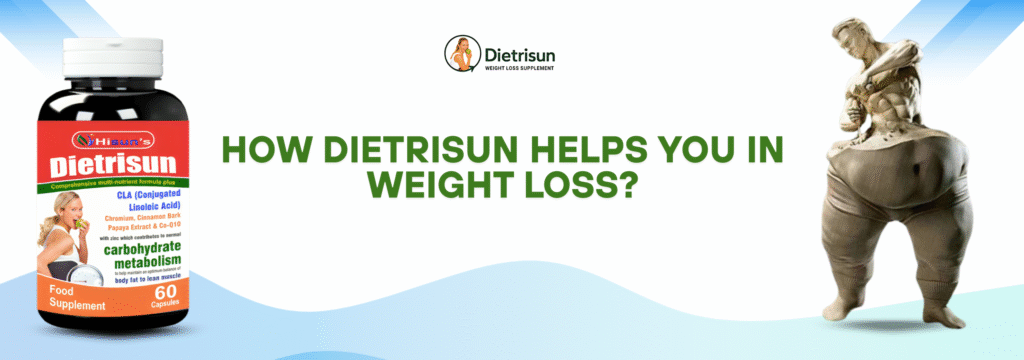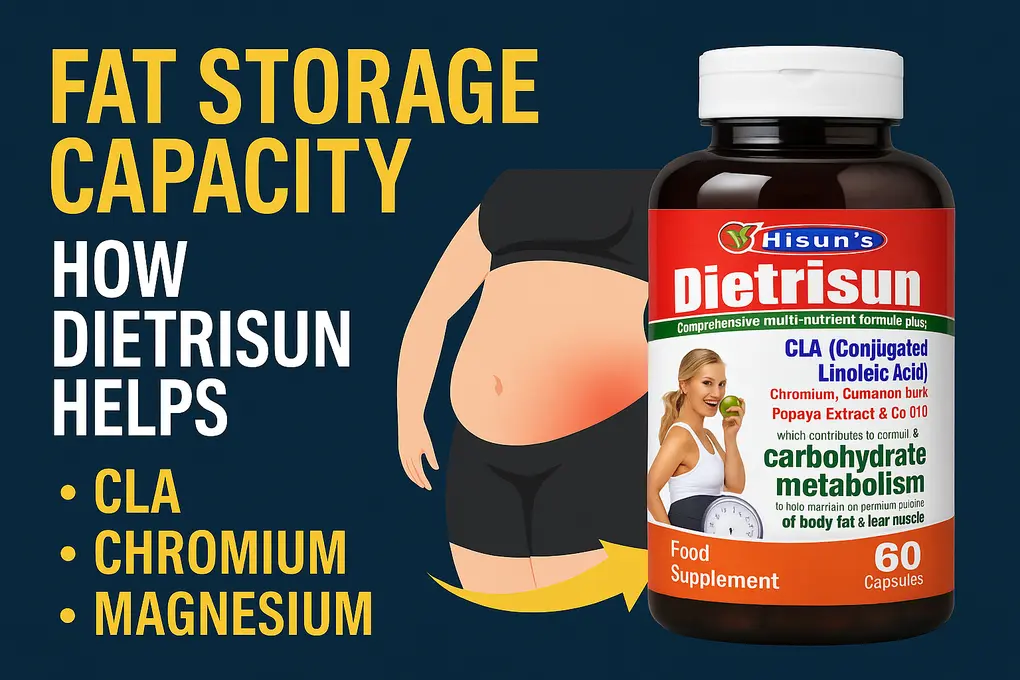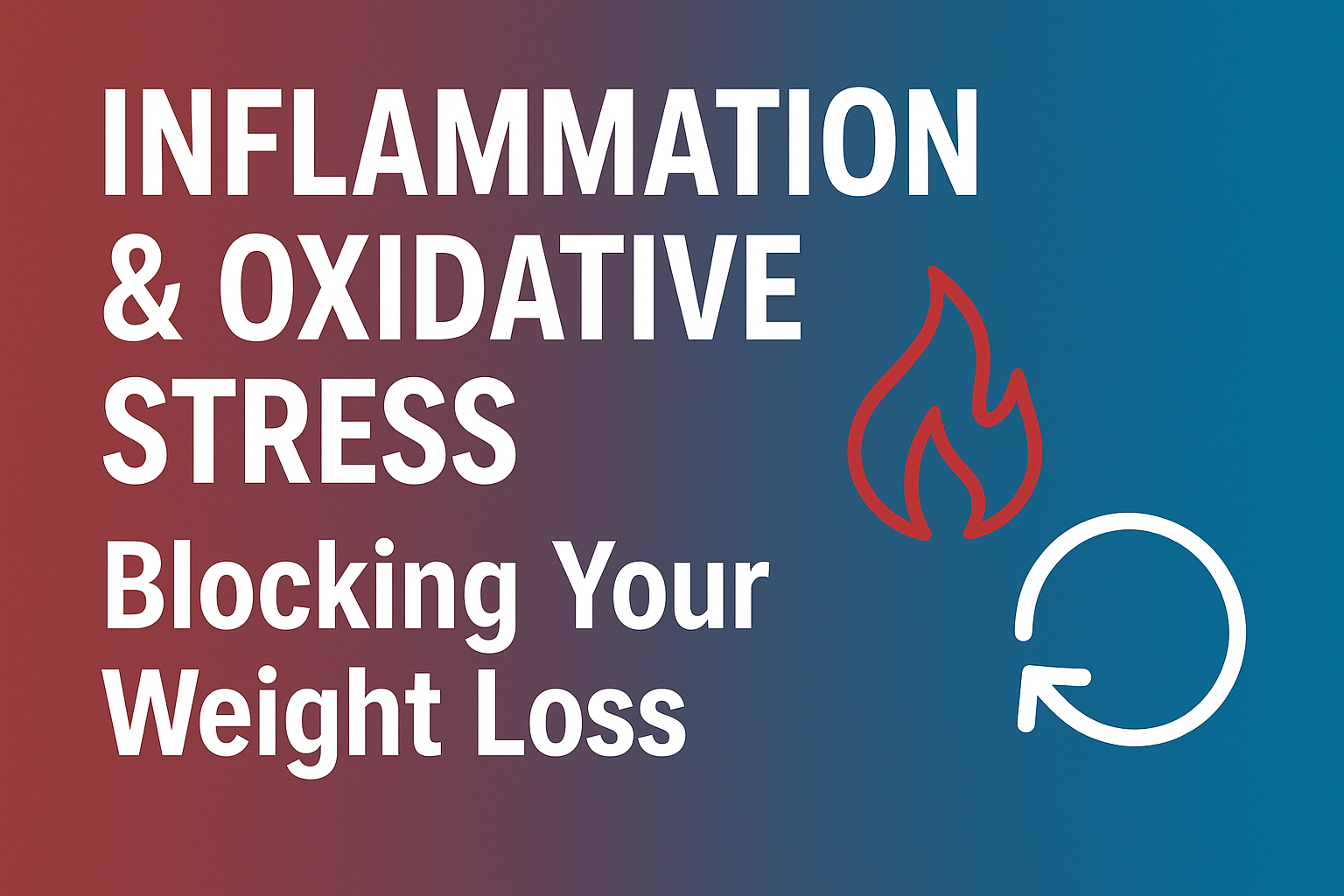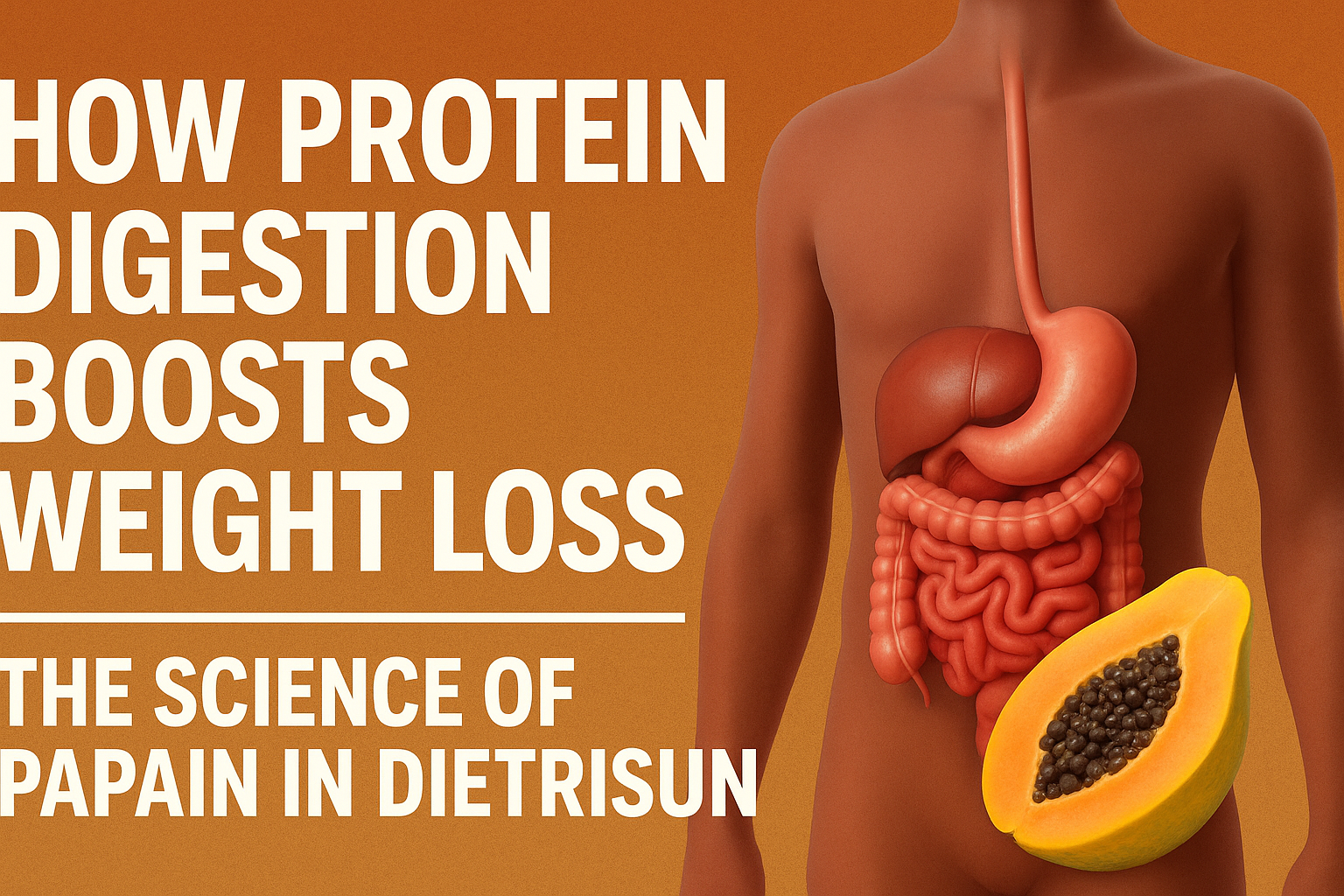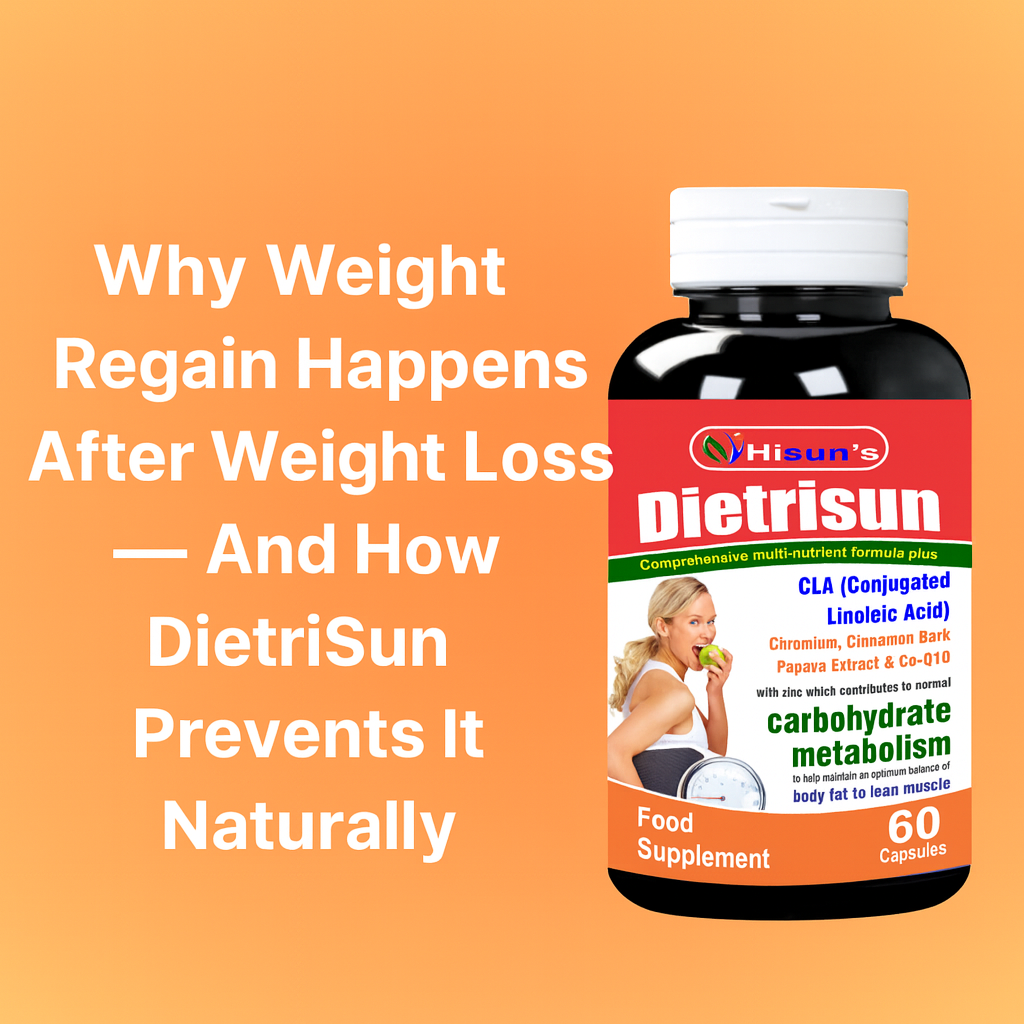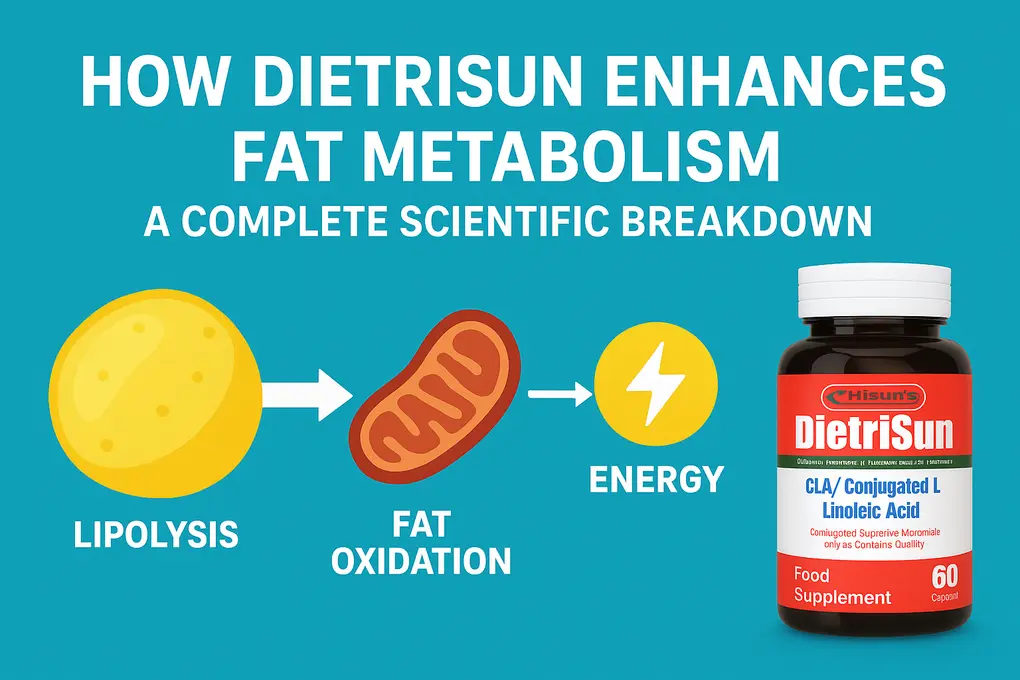In today’s world, obesity and metabolic disorders are becoming a major concern globally. They not only affect one’s physical health but also increase the risks of cardiovascular diseases, type 2 diabetes, and metabolic syndromes. While traditional weight loss strategies focus on caloric restriction and physical activity, dietary supplements like Dietrisun have emerged as effective tools to support weight management. Dietrisun, formulated by Smart Healer Pharmaceuticals, is a scientifically designed supplement to enhance fat metabolism, improve insulin sensitivity, and preserve lean muscle mass. This article explores how Dietrisun aids in weight loss and why it can be an essential addition to your weight management plan.
What is Dietrisun?
Dietrisun is a multi-ingredient supplement that targets several mechanisms in the body to promote weight loss. It contains bioactive compounds such as Conjugated Linoleic Acid (CLA), Coenzyme Q10 (CoQ10), cinnamon extract, chromium, lecithin, papain, selenium, carotenoids, magnesium, manganese, iodine, and essential vitamins. The combination of these ingredients supports various metabolic functions, helping individuals to lose weight efficiently while preserving overall health.
How Does Dietrisun Aid in Weight Loss?
1. Enhancing Fat Metabolism and Fat Oxidation
- Conjugated Linoleic Acid (CLA): CLA is a naturally occurring fatty acid known to increase basal metabolic rate (BMR) and stimulate fat oxidation. It works by activating peroxisome proliferator-activated receptors (PPARs) which regulate fat metabolism. Studies have shown that CLA promotes lipolysis, breaking down fat cells and encouraging fat loss.
- Coenzyme Q10 (CoQ10): CoQ10 plays a pivotal role in energy production within the mitochondria. By enhancing ATP synthesis, it improves metabolic efficiency and supports weight loss by ensuring that the body efficiently utilizes stored fat as an energy source.
- Natural Mixed Carotenoids: These bioactive compounds are known to enhance mitochondrial function. By boosting energy expenditure and fat breakdown, carotenoids further support weight loss efforts.
2. Regulating Insulin Sensitivity and Blood Sugar Levels
- Chromium: Chromium plays a critical role in improving insulin receptor sensitivity, which helps regulate blood sugar levels and reduce the likelihood of fat accumulation. Research suggests that chromium supplementation aids in controlling post-meal blood sugar spikes, a key factor in preventing weight gain.
- Cinnamon Extract: Cinnamon is not just a flavoring agent—it helps increase glucose uptake by stimulating the GLUT4 transporter. This action improves glycemic control and reduces sugar cravings, making it easier to manage weight and prevent binge eating.
3. Supporting Lipolysis and Fat Mobilization
- Lecithin: Lecithin is an emulsifier that assists in the breakdown and absorption of dietary fats. By improving fat digestion, lecithin ensures that the body can effectively use fats for energy rather than storing them.
- Papain: Derived from papaya, papain is a proteolytic enzyme that aids in protein digestion. Optimized nutrient absorption leads to better muscle preservation, helping individuals maintain lean muscle mass while losing fat.
4. Preserving Lean Muscle Mass
- Magnesium and Manganese: Magnesium supports muscle function, and manganese is vital for enzymatic reactions involved in fat and carbohydrate metabolism. These minerals ensure that muscle mass is preserved during weight loss, preventing the dreaded “starvation mode” that slows metabolism.
- Selenium and Iodine: Both are essential for thyroid hormone synthesis, which regulates metabolic rate. Proper thyroid function prevents adaptive thermogenesis—a process where the body lowers its metabolic rate to conserve energy—helping maintain a healthy metabolism during weight loss.
- Role Of Conjugated Linoleic Acid (CLA):
CLA is a naturally occurring fatty acid that has been shown to help reduce body fat while preserving lean muscle. It works by influencing enzymes and receptors involved in fat breakdown and storage, and may help stimulate the breakdown of stored fat while sparing muscle protein during weight loss. - Papain Enzyme:
Extracted from papaya, papain is a proteolytic enzyme that aids in the digestion of proteins. Improved protein digestion ensures that amino acids are readily available for muscle repair and growth, particularly important during weight loss when protein needs may increase. By enhancing protein utilization, papain supports muscle preservation and recovery.
5. Reducing Inflammation and Oxidative Stress
- Antioxidants (Selenium, Carotenoids, Vitamins A, C, E, D): These ingredients work together to neutralize oxidative stress, a condition often associated with obesity and metabolic disorders. By reducing inflammation, they protect the body from damage that could interfere with weight loss efforts.
- CoQ10: As an antioxidant, CoQ10 reduces oxidative damage in metabolically active tissues, promoting better energy utilization and supporting weight loss.
Integrating Dietrisun into a Weight Management Plan
Dietrisun is most effective when used as part of a comprehensive weight management strategy that includes:
- Balanced Diet: Consuming a variety of nutrient-dense foods to meet energy needs.
- Regular Physical Activity: Engaging in both aerobic and resistance exercises to promote fat loss and muscle preservation.
- Behavioral Changes: Adopting healthy eating habits and lifestyle modifications to support long-term weight maintenance.
The Role of Dietrisun in Your Weight Loss Journey
Dietrisun doesn’t just support weight loss; it enhances overall well-being by improving energy levels, metabolism, and fat burning. Here’s how incorporating Dietrisun into your daily routine can amplify the results of your weight loss efforts:
During Caloric Deficits:
- While reducing calorie intake is a typical approach for weight loss, it often leads to muscle loss and a decrease in metabolism. Dietrisun helps mitigate this by promoting fat oxidation and preserving muscle mass, ensuring the weight you lose is primarily fat.
With Regular Exercise:
- Whether you’re engaging in strength training or high-intensity interval training (HIIT), Dietrisun supports muscle recovery and enhances performance. The ingredients like magnesium, CoQ10, and lecithin ensure your body has the fuel it needs to power through workouts while burning fat for energy.
For Appetite Control:
- Dietrisun contains ingredients like cinnamon extract and chromium, which help balance blood sugar levels and control cravings. By stabilizing blood sugar, these ingredients prevent overeating and binge episodes, making it easier to stay on track with your diet.
Scientific Backing for Dietrisun’s Effectiveness
The ingredients in Dietrisun have been studied extensively, with clinical trials providing evidence of their effectiveness in supporting weight loss and metabolic health:
- CLA: Studies have shown that CLA supplementation significantly reduces fat mass and promotes fat loss in targeted regions (Whigham et al., 2007).
- Cinnamon Extract: Research indicates that cinnamon improves insulin sensitivity and supports better glycemic control (Ranasinghe et al., 2012).
- Chromium: Chromium supplementation has been linked to improved insulin receptor sensitivity and reduced fat accumulation (Anderson, 1998).
- Lecithin and Magnesium: These ingredients support fat metabolism and preserve muscle mass during weight loss (Volpe, 2013; Rinella, 2016).
- Selenium and Carotenoids: These compounds have antioxidant and anti-inflammatory properties, reducing oxidative stress and enhancing metabolic function (Krinsky & Johnson, 2005; Rayman, 2012).
Who Can Benefit from Dietrisun?
Dietrisun can be beneficial for individuals of all ages looking to lose weight, particularly those struggling with:
- Slow metabolism: If you find it difficult to lose weight despite diet and exercise, Dietrisun can help boost your metabolic rate.
- Excess abdominal fat: The fat-burning ingredients like CLA and cinnamon target abdominal fat, which is often the most stubborn.
- Appetite control issues: Dietrisun can help curb cravings and reduce overeating, especially when combined with a balanced diet.
- Maintaining muscle mass: If you’re losing weight through exercise, Dietrisun helps preserve muscle mass while burning fat.
Conclusion
Dietrisun is a powerful, scientifically formulated supplement designed to support weight loss and metabolic health. By enhancing fat oxidation, improving insulin sensitivity, preserving lean muscle mass, and reducing inflammation, Dietrisun offers a holistic approach to weight management. When used alongside a balanced diet and regular exercise, it accelerates weight loss while promoting long-term metabolic health. With clinical evidence backing its ingredients, Dietrisun proves to be a safe and effective tool for those looking to achieve sustainable weight loss and better overall health.
REFERENCES
- Anderson, R. A. (1998). Chromium, glucose intolerance, and diabetes. Journal of the American College of Nutrition, 17(6), 548-555.
- Kennedy, D. O. (2016). B vitamins and the brain: mechanisms, dose, and efficacy. Nutrients, 8(2), 68.
- Krinsky, N. I., & Johnson, E. J. (2005). Carotenoid actions in health and disease. Nutrition Reviews, 63(2), 47-53.
- Monteiro, P. I., et al. (2018). Papain supplementation and digestion. Food Science & Nutrition, 6(2), 243-250.
- Ranasinghe, P., et al. (2012). The effect of cinnamon on diabetes and glucose metabolism. Diabetes, Obesity & Metabolism, 14(10), 844-850.
- Rayman, M. P. (2012). Selenium and human health. The Lancet, 379(9822), 1256-1268.
- Rinella, M. E. (2016). Nonalcoholic fatty liver disease: a systematic review. JAMA, 316(11), 1132-1143.
- Volpe, S. L. (2013). Magnesium in disease prevention and overall health. Advances in Nutrition, 4(3), 378S-383S.
- Whigham, L. D., et al. (2007). Efficacy of conjugated linoleic acid for reducing fat mass. American Journal of Clinical Nutrition, 85(5), 1203-1211.

